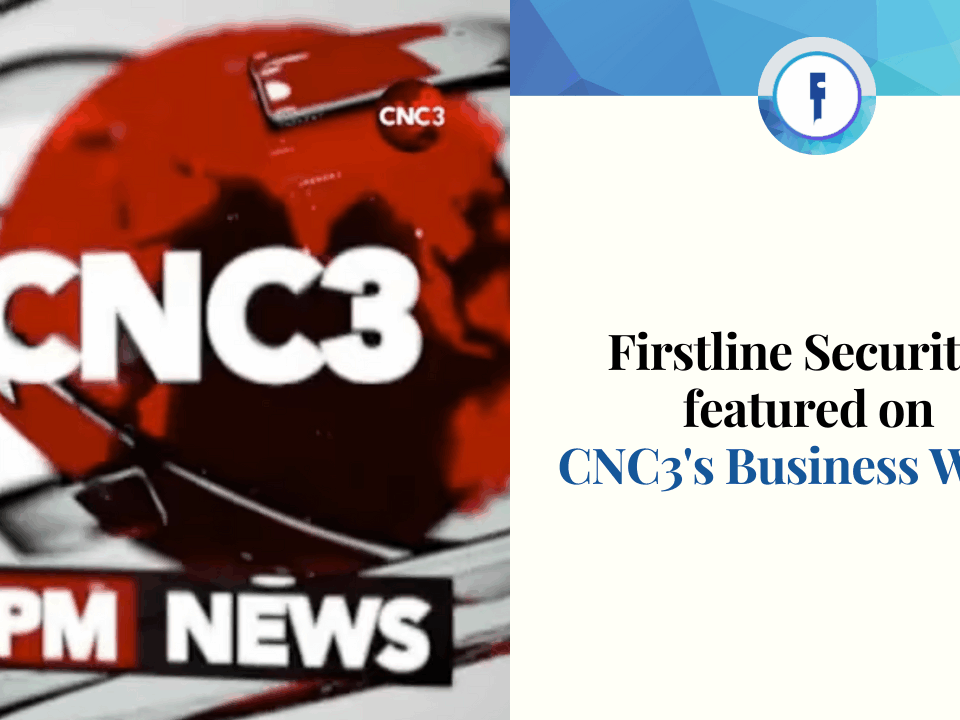INSIGHTS
What you need to know about Deposit Insurance!


A Firstline Securities Limited Blog by: Jody Hernandez
Recently I have met with quite a few clients who have enquired about deposit insurance. They want to know how it works and how it affects their savings and investments. The reality is that most savings and investment products are not covered by deposit insurance. As a matter of fact none of the investment options we offer are.
We do however recognise a client’s desire for that extra layer of protection when investing, and this protection can be provided by way of asset-backed and collateralised bonds and loan notes. I will elaborate on this a little later on. Let me firstly address deposit insurance: what it covers and most importantly what it doesn’t!
What is Deposit Insurance?
Deposit insurance is a cover implemented by many countries to protect financial institution depositors from losses caused by the failure of these institutions to pay their creditors.
Here in Trinidad and Tobago this insurance is limited to $125,000 Trinidad and Tobago dollars only. For an institution to be covered they must be registered. Deposit Insurance pay-outs would become payable only after a member institution has been closed by or with the approval of the Central Bank of Trinidad and Tobago as a result of financial difficulties.
Member organisations can be found here : https://dictt.org/deposit-insurance/insured-financial-institutions/
For funds to be insured they must be deposited in the following type of accounts:
- Savings Accounts
- Current Accounts
- Fixed Deposit Accounts
Savings and investments that are not insured include (but are not limited to)
- Foreign Currency Deposits
- Mutual Funds
- Commercial Paper: Commercial paper is, in effect, a promissory note of the issuer used to finance current obligations and is a negotiable instrument.
- Obligations using Asset-Backed Securities: Asset-backed securities are bonds or debt securities collateralised by a pool of other assets such as bonds or shares, or a stream of income provided by auto loans, credit card receivables, vehicle and equipment leases and consumer loans.
- Shares
- Bonds
How does Deposit Insurance work in practicality?
If, for example, a financial institution which is registered with the Deposit Insurance Corporation were to face liquidation, the liquidator would consider all the qualifying accounts and the overall balance of those accounts for individual investors.
When calculating how much deposit insurance you qualify for, the number of loans you have outstanding will also be considered. The Corporation will offset the balance on a deposit account after the $125,000 limit has been applied against a loan if the loan and deposit are held by the same person or persons.
For example, if you have a total of $150,000 in your savings and current account, but you also have a loan amount outstanding of $140,000, your savings balance now becomes $125,000 as this is the maximum guaranteed. (In actuality, you will end up with a balance of $15,000 left to pay back on your debt if this company were to be liquidated).
How important is this cover if you are sacrificing growth and purchasing power?
Deposit insurance offers security for amounts below $125,000 and covers only deposit accounts. Most of us explore options outside of deposit accounts in order to see greater returns on our money as it’s difficult to find a deposit account paying over 1%. What if you are looking to get some more growth on your investments while still maintaining some level of protection?
There are other investment vehicles that can help facilitate that extra layer of protection while offering growth such as asset-backed and collateralised bonds and notes. An example of what these notes look like were the National Investment Fund bonds issued last year. While these bonds were issued by the Government of Trinidad and Tobago they are backed by assets of several companies. Secured bonds are less risky than unsecured bonds because assets are pledged as a form of collateral.
Firstline offers secured loan notes as investment options, these loan notes are essentially bonds with assets such as land, equipment and other types of investments used as security to cover the debt in the event all other streams of expected cashflow fail to repay.
These notes are built when a client who needs funding (usually a medium-sized business), and a client who is looking to invest, enter a relationship as borrower and investor. The borrower pays the investor according to the terms and conditions set out in the loan. This structure requires a Trustee that is legally bound to hold the best interest of the investor.
Firstline, acting as the arranger and/or collateral agent, performs a very important role and works closely with reputable solicitors and a robust legal framework to ensure that a) the borrower is adhering to the conditions of the loan, and b) sufficient collateral is secured at a minimum of 1.5 times the value of the loan.
This type of investment offers the investor peace of mind. For instance, if Firstline were to be wound up, the investment can remain mostly unaffected and carry on under the same terms and a new trustee can be appointed. If the borrower is unable to repay, an asset (often tangible) is pledged and legally assigned to repay this debt.
There are other layers of security that can be added to these notes such as a debt service account being held which would be a reserve account held by the trustee with 3-6 months’ loan payment coverage.
What is also important to keep in mind is that secured notes constitute senior secured obligation, which means that they are prioritised when a company is wound up over any unsecured debt.
*
Want to find out more about secured investments? Give us a call at (868) 628 – 1175; or contact us via email at info@firstlinesecurities.com

